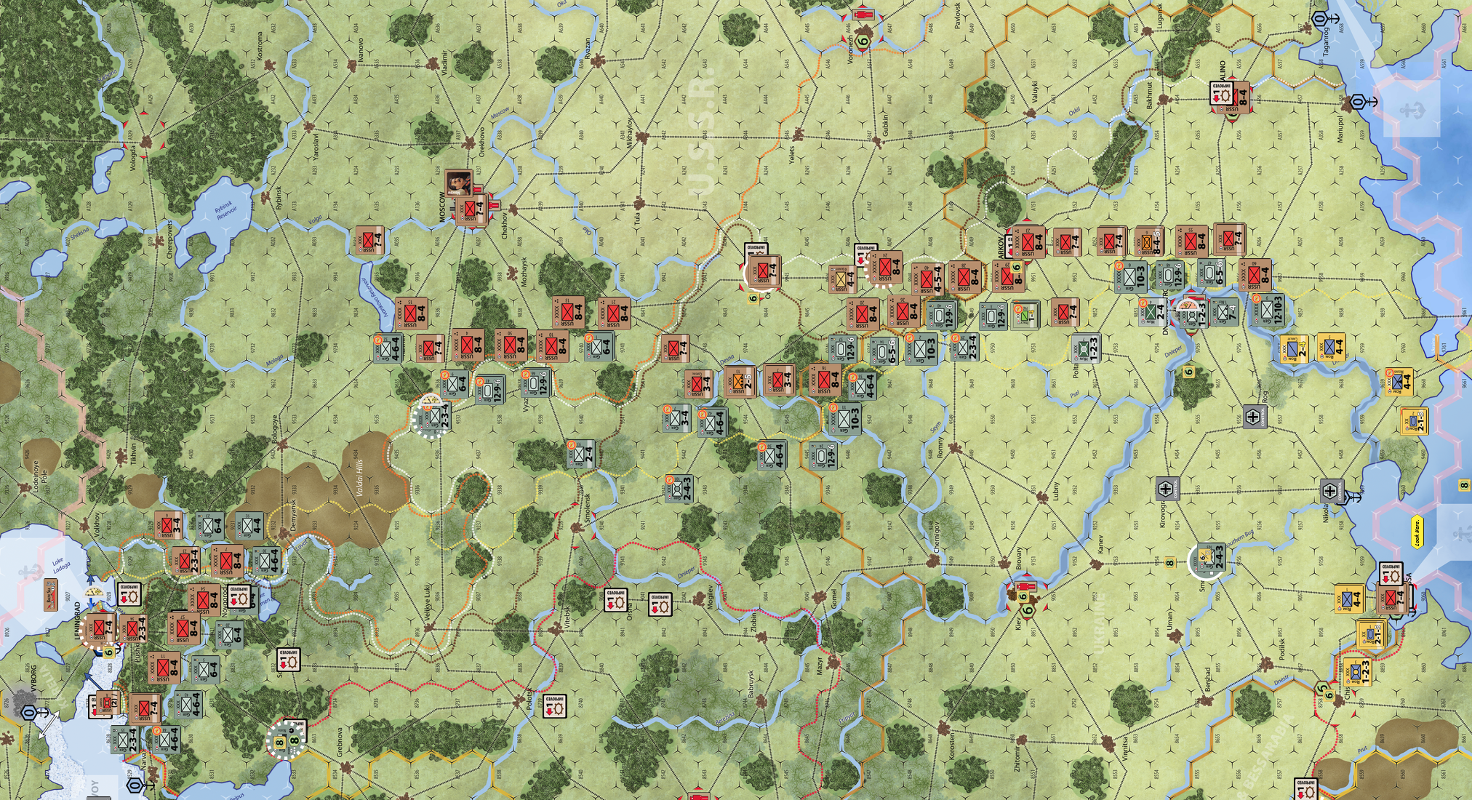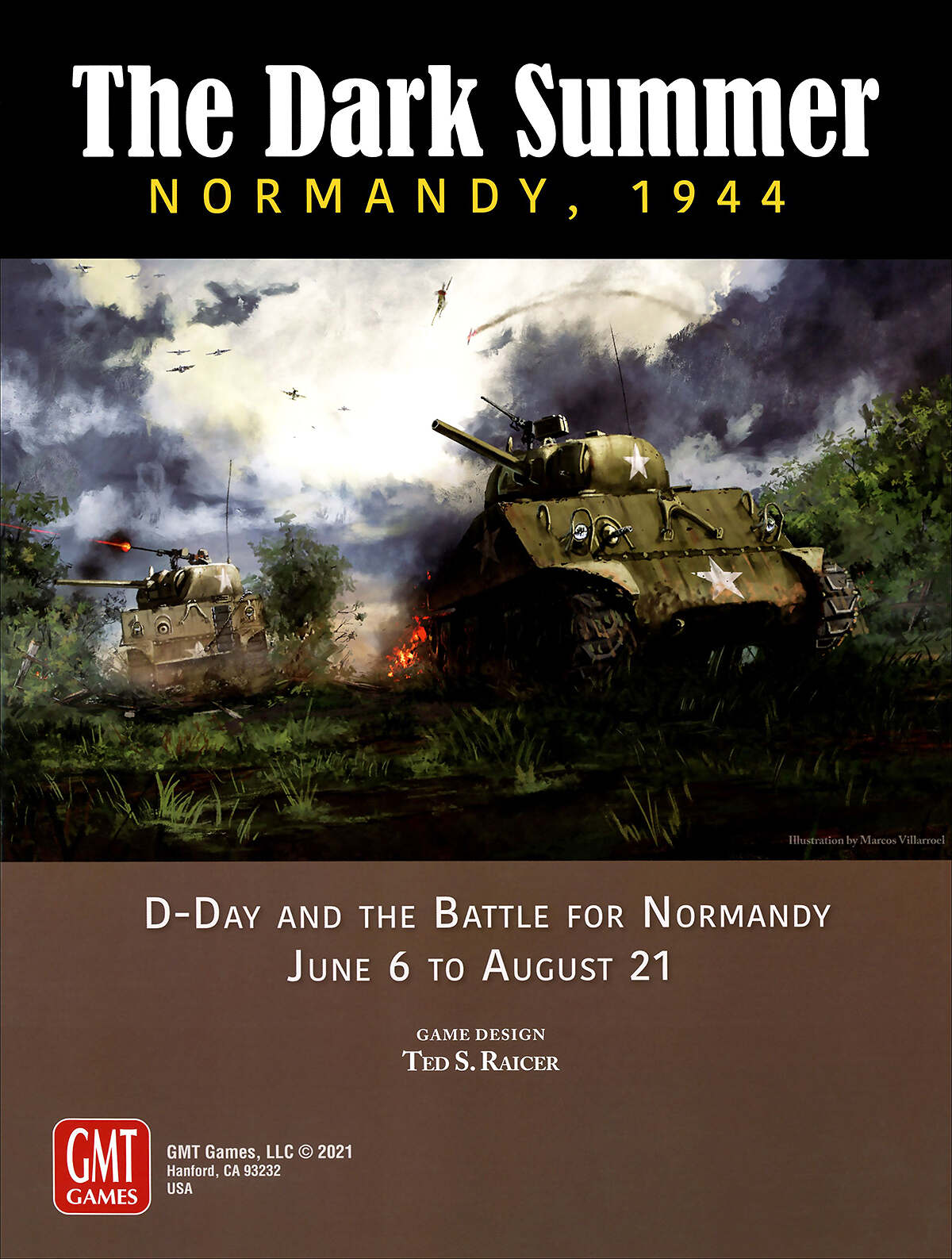September 1941
September 1941
One month of good weather is left to the Wermacht to bring down the USSR. On the battleground, it is clear that things are not going smoothly. The GA North is stuck in the marshes and forests of Leningrad. In Berlin, more offensive action in the area is being considered. The orders are to bury themselves and wait for the situation to unblock further south.
In the Moscow sector, supplies are still low. The Russian has formed a solid line with six complete armies. Here again, nothing could be done in the immediate future.
Finally on the Orel - Stalino line, the Red Army is present in numbers. Everywhere, the lack of supplies prevent progress.
The German offensive is going in two directions. Against Moscow, two panzer armies are concentrated which would eventually break through the Russian front thanks to their shock power. The second objective is Kharkov. The mobile troops from the south are going to infiltrate around the city, trying to cut off its supplies. It will take three weeks to reach the start of investment of the city, declared as a fortress by the Kremlin. The Russian defends itself nail and tooth in all sectors. The two Soviet HQs of Kursk and Orel receive numerous supplies which enable them to attack each turn. The front won't evolve much for a fortnight.
The breaktrough occurs in the last fortnight of the month. To the south of Kharkhov, three inexperienced Russian corps are thrown into the battle. The forces surrounding the town throw themselves on them and disperse them, creating a breach between Kharkov and Stalino. The Russian armies of the Southern Front have to retreat towards Rostov to avoid being cut off.
In front of Moscow, the panzers suffer. A German armoured corps is first stopped at Vyazma and then dispersed by a violent counter-attack. It is the first defeat for this kind of unit since the beginning of Barbarossa. The haggard survivors are repatriated to Smolensk to recover.
At the end of September, the German general staff is worried. No major town has been taken in a month and the front is still everywhere. The Russian suffered but did not break. If the bad weather breaks out , are we heading for a definitive bogging down of the front?
At the end of the summer, we can see that the German role is difficult. The Russian does not have much diversity in its units and is cruelly lacking in mobility. On the other hand, it easily has offensive points that enable him to exhaust the German infantrymen. It is generally useless to attack the panzers, who can retreat in an unarmoured zoc. Seeing a Russian counter-attacking at all costs by throwing freshly arrived means into the battle reflects the reality of the conflict.




Commentaires
Enregistrer un commentaire